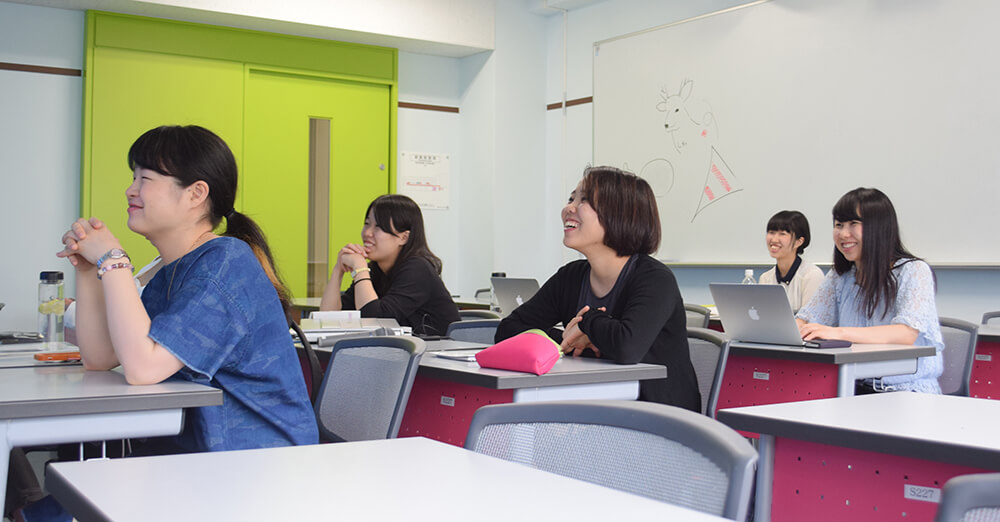Characteristics of the Curriculum
Through cross-field collaborations, the curriculum aims to nurture researches and engineers who can seek solutions in a comprehensive manner. The curriculum of the Master's program consists of fundamental subjects, specialized subjects, and specialized application subjects. In fundamental subjects, students will acquire basics of science and technology, which forms the basis of Human Centered Engineering, while also studying ethics and intellectual property. Specialized subjects include those related to specialized fields of each faculty member. Specialized application subjects are mainly collaborative subjects of various fields, and students will study methodologies of engineering solutions for human life-related issues. Students are required to complete master's thesis under supervision of adviser teachers based on acquired knowledge.

Research and Education System / Requirements for Degree
Students are to be enrolled in a university which her main adviser teacher belongs to, and the student is to select a sub-adviser teacher from the other university. Teachers of both universities will cooperate in providing research and education guidance. The Cooperative Major, which takes advantage of its locations in both the current and the ancient capitals, respectively in the East and the West, with different social, cultural, and historical backgrounds, is distinctive in that it enables students to consider issues related to human life and technology from a wider perspective and understand more deeply about today's various life-related problems.
30 credits in Master's Program (including 10 credits in Human Centered Engineering Master's thesis) and 20 credits in Doctoral Program (including 10 credits in Human Centered Engineering Doctoral thesis) are required for a Degree. Included in the above, 10 credits in Master's Program and 2 credits in Doctoral Program must be taken in the other university, which a student is not registered. Attending classes in the other university is supported by intensive courses held during long term vacations, courses using interactive video conference systems, and provision of dormitories. Degrees which can be acquired are Human Centered Engineering, Engineering, or Arts/ Sciences in both Master's and Doctoral Programs